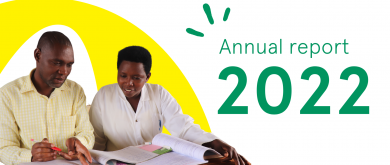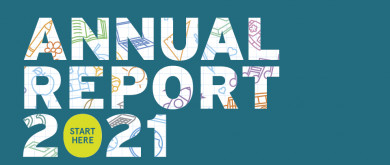
South Africa is especially vulnerable to climate change given its water and food insecurity, as well as the potential impacts on health, housing, infrastructure and critical ecosystem services. The country is located within what is considered a ‘drought belt’ and is the fifth most water-scarce country in sub-Saharan Africa. Approximately 50% of the country’s water supplies are used by its extensive industrial agriculture sector.
South Africa is likely to become hotter and drier in the future. With rainfall variability continuing and temperatures rising, the country will continue to experience extreme events like droughts, floods and other climate-related hazards. Future flood risk is also likely to increase across the entire country, particularly in KwaZulu-Natal, the Eastern Cape and Limpopo. This high vulnerability to climate variability and change is due to the country’s high dependence on rain-fed agriculture and natural resources. To date, the impacts of climate change on South Africa’s overall economic growth have been predominantly negative and, in the future, climate change is anticipated to continue to severely hamper the country’s economic growth, energy generation, job creation as well as exacerbate inequality.
Education plays a key role in addressing climate change, in terms of its contributions to climate action (mitigation and adaptation), handling the risks and effects of climate change (resilience and climate justice) and transforming humankind’s relationship with nature to reverse environmental degradation.
Strengthen the utilisation of the education sector as a strategic resource in South Africa’s transition towards a more climate-resilient society, with a focus on enhancing school leaders' and teachers' capacity to address climate change in school and classroom practices.
- GreenMatter
- South African government, through:
- Department of Forestry, Fisheries and the Environment
- Department of Basic Education
- Department of Higher Education and Training
- Universities involved with Fundisa for Change
Keep it Cool 2.0 builds upon a previously successful initiative (Keep it Cool) funded by the government of Flanders from 2019 until 2022, strengthening the climate change curriculum in foundational education.
In its new phase, Keep it Cool 2.0 will adapt existing materials (mostly from Keep it Cool 2019–2022) into user-friendly online trainings that can easily be scaled through the Department of Basic Education’s existing in-service system.
The project aims to support district officials in scaling this professional development initiative. It will equip them with the skills to lead the professional development of school leaders and teachers to set up change projects with youth and the community for climate action, and to initiate youth dialogues. The project will use online self-study resources and set up Professional Learning Communities (PLCs) in schools.
The project will pilot an approach which has the potential to be cost-effective and scalable across entire South Africa. 60 School leaders (20 schools of each of 3 districts) and 180 teachers will participate in the pilot. By the end of the project, at least double that number will be aimed for while at the national level further scaling will be encouraged.
In addition, this project will have an impact at a national scale as it forms part of the activities of Fundisa for Change, a multi-stakeholder collaborative national professional learning community that is working with the Department of Basic Education in South Africa to mainstream Education for Sustainable Development into the national curriculum.
By the end of the project:
-
School leaders and teachers have strengthened capacity to address climate change in school and classroom practices, to set up change projects with youth and the community, and to initiate youth dialogues.
-
A scalable approach is developed and tested by district officials in participating provinces and shared with other districts/provinces creating readiness for scaling/roll-out.
-
The national education system is strengthened through enhanced teacher capacity to deliver on Education for Sustainable Development targets.
With the support of the Flemish government and the Lewis Foundation










